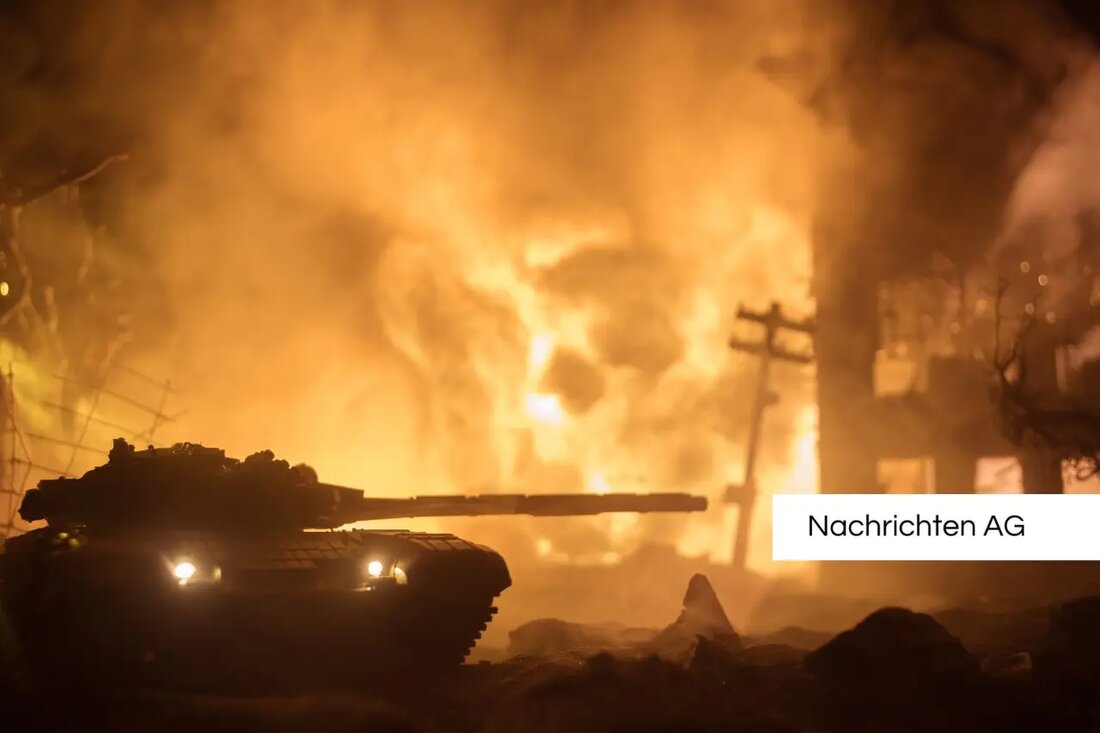Waffe arrest: PKK calls for peace with Turkey!
Waffe arrest: PKK calls for peace with Turkey!
On March 1, 2025, the PKK (Kurdish Workers' Party) announced a ceasefire with Turkey, which immediately comes into force. This decision was announced by the news agency that is close to the PKK. The PKK stated that its combat forces will not carry out any armed actions as long as there are no attacks on them. This announcement is made as a direct reaction to a call from Abdullah Öcalan, the founder of the PKK, who asked the organization on the previous Thursday to put down and dissolve the weapons. However, the complete implementation requires certain conditions, including the release of Öcalan under conditions that guarantee its freedom.
The PKK, which has been fighting for a Kurdish state or an autonomy area in the southeast of Türkiye since the 1980s, has now refrained from the demand for full independence. The organization has the headquarters in the Iraqi Kandilbergen, and its conflict with Turkey has so far cost tens of thousands of people. Abdullah Öcalan, who has been detained since 1999 and served a lifelong prison sentence on the Imrali prison island, remains a central figure in this long -term conflict.
political and social dimensions
The demand for a peace process is considered necessary by the PKK. Abdullah Öcalan has long demanded that the political and democratic conditions have to exist to support the peace process. The PKK announced that it sees Öcalan's release as a key to a successful disarmament process. In addition, the Turkish President Recep Tayyip Erdoğan commented on a possible punitive estate for Öcalan last year, which could increase the potential for new negotiations between the PKK and the Turkish government.
The PKK was founded in 1978 and has developed from its initial political goals to militant actions. It is classified as a terrorist organization in both Turkey as well as by the EU and the USA. The last attempts of a peace process that started with a ceasefire in 2013 failed in summer 2015. The successful implementation of a new armistice could be a turning point, especially against the background of the precarious political situation in the region.
cultural and social consequences
The return on discussion about autonomy and self -determination for the Kurds within Turkey could not only have political but also profound cultural consequences. Many Kurds in Turkey call for social and political equality, recognition of the Kurdish as a national language and the end of forced administrative practice. In cities like Diyarbakir, hundreds of people celebrated the explanation of Öcalans.
Although the PKK has acted with military means in the past, the current leadership is increasing negotiations than ever. The general situation also shows that the political balance of power in Turkey could also be influenced by the peace process. Erdogan's ruling party could try to win voices from Prepurdish parties for a desired constitutional change - which could contribute to changes in the power, among other things.
Success in the negotiations could also have an impact on Kurdish groups in Syria. The SDF commander (Syrian democratic forces) explained that the call to Öcalan is definitely recognized, but there is no direct connection to the political developments in Syria. The fate of Kurds in this region also remains uncertain, especially considering the power vacuum after the Gaza War and the weakening of other regional actors.
Time will show whether this new ceasefire can mark the beginning of a real change in Turkish-Kurdish relationships and whether Abdullah Öcalan's call can be implemented into reality or whether the weapons will speak again. The success of a peace process requires far -reaching efforts of all pages involved and the commitment to comprehensive social reforms.
| Details | |
|---|---|
| Quellen | |


Kommentare (0)